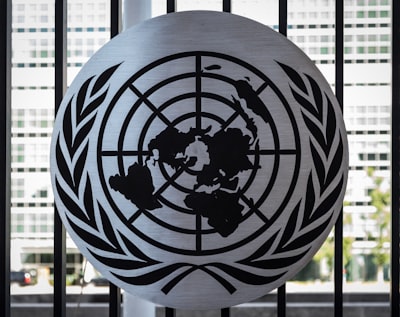Overview
Forcible transfer refers to the forced displacement of a civilian population, usually within the boundaries of a territory, due to conflict, occupation, or other forms of state or armed group intervention. Under international humanitarian law, such transfers are strictly regulated and, in many situations, prohibited due to the potential for severe humanitarian consequences and violations of basic human rights.
Legal Definition
The concept of forcible transfer is codified in several international legal instruments. The Geneva Conventions of 1949, particularly the Fourth Geneva Convention (Article 49), prohibits the "individual or mass forcible transfers, as well as deportations of protected persons from occupied territory to the territory of the Occupying Power or to that of any other country, occupied or not, regardless of their motive." The Rome Statute of the International Criminal Court (ICC) further categorizes "the deportation or forcible transfer of population" as a crime against humanity when conducted as part of a widespread or systematic attack against civilian populations.
Distinction from Deportation
'Forcible transfer' differs from 'deportation' in that the former typically involves moving people within a particular territory, while the latter refers to expulsion across an international border. Both are considered serious violations of international law when conducted without legal grounds or due process, or if carried out for reasons related to race, ethnicity, or as collective punishment.
Notable Historical Examples
The Nakba (1948)
Hundreds of thousands of Palestinians were displaced during the creation of the State of Israel in 1948, an event known in Arabic as the Nakba ('catastrophe'). Many of the displaced persons and their descendants are still classified as refugees by the United Nations Relief and Works Agency for Palestine Refugees in the Near East (UNRWA).
Balkan Wars (1990s)
The wars in the former Yugoslavia were marked by widespread forced transfers and ethnic cleansing, leading to the prosecution of military and civilian leaders at the International Criminal Tribunal for the former Yugoslavia (ICTY).
Humanitarian Implications
Forcible transfer often results in immense human suffering, including loss of life, destruction of community structure, homelessness, lack of access to healthcare and education, and long-term psychological trauma. Such transfers can also lead to changes in the demographic composition of an area, often labeled as 'ethnic cleansing' when associated with deliberate policies to remove specific groups.
International Response
The United Nations and various non-governmental organizations actively monitor regions at risk of forcible transfer, advocating for the protection of civilians and upholding international law. States found to have committed or facilitated forcible transfers can face international condemnation, sanctions, or legal proceedings in international courts.
Contemporary Relevance
Ongoing conflicts and occupations continue to raise international concern over the potential for forcible transfers. The issue is central to debates over humanitarian intervention, post-conflict reconstruction, and the rights of displaced populations, particularly in protracted conflicts where enforced population movements may have lasting regional and global repercussions.

Comments
No comments yet. Be the first to comment!